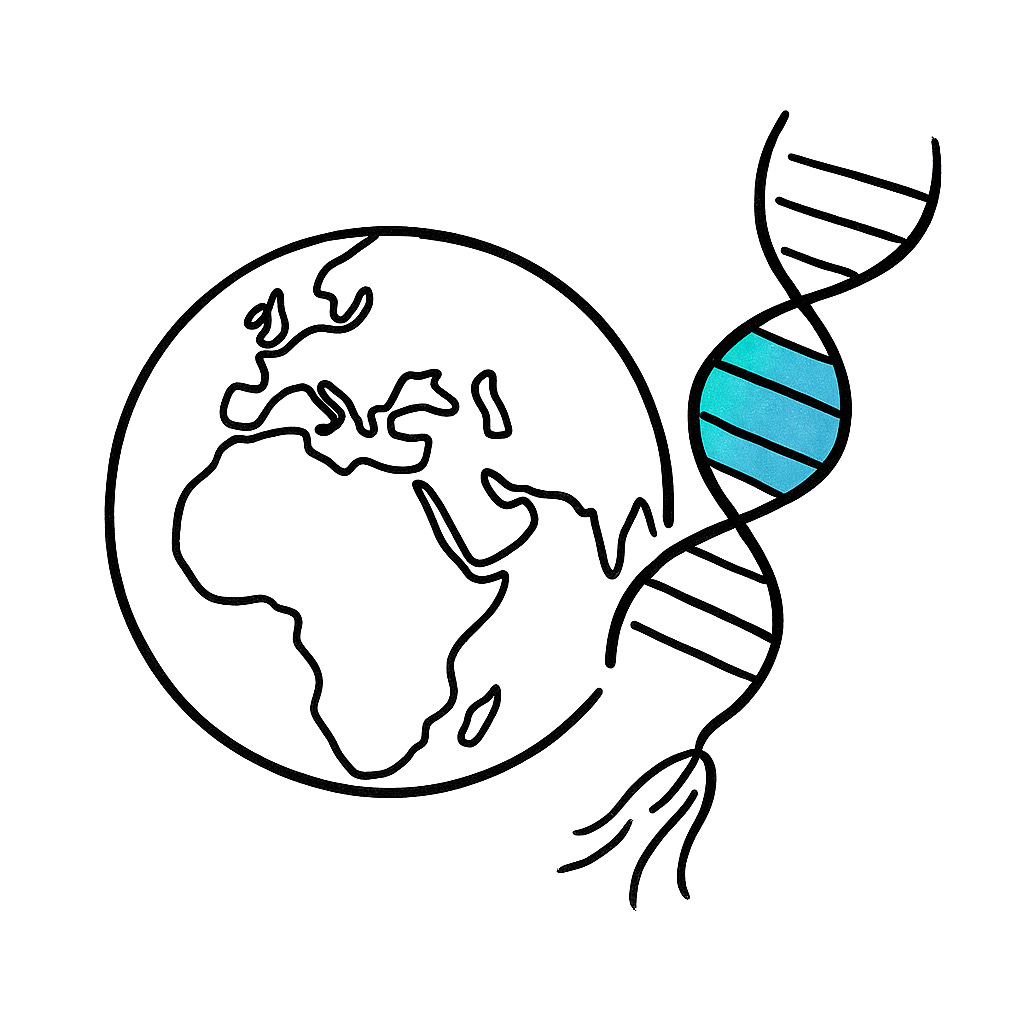Global Breakthroughs: When to Ignore the Experts?
In today's world, age, location, and traditional qualifications are no longer barriers to breakthroughs. However, it often requires the courage to ignore what the 'experts' say and do.
When Katalin Karikó was awarded the 2023 Nobel Prize in Medicine, the world stopped to applaud her monumental contribution. Yet, what’s even more remarkable than the award itself was her relentless ambition - the sheer will to achieve an outcome despite the odds. Her journey underscores the importance of pursuing a purpose greater than accolades and reminds us that sometimes, ignoring the ‘experts’ is necessary, as they don’t always have the right answers in today’s world.
Facing adversities like being ousted from her research position at the University of Pennsylvania, Karikó could have chosen a different path. But with immense support from her personal inner circle, including her late mother’s infectious optimism and her husband’s steadfast belief, Karikó focused on the aspects she could influence. The outcome was a groundbreaking discovery that changed the Covid-19 course of history.
Historically, the drug discovery process, especially in vaccine development, was a lengthy and costly endeavor, often spanning over a decade and costing billions. Prior to the pandemic, this trajectory was set by a myriad of factors, including research and development phases, rigorous clinical trials, regulatory reviews, and subsequent commercialization. The success was primarily driven by a combination of methodical scientific exploration, significant financial investments, and, sometimes, a bit of luck.
The Covid-19 pandemic brought a global urgency for a solution that shifted this process. Katalin Karikó’s pioneering work on mRNA technology played an instrumental role.
By using genetic instructions to produce vaccine antigens directly within the body, this method offered a nimble approach to vaccine development. Coupled with the unified efforts of researchers, pharma giants, and governments worldwide, the traditionally drawn-out development cycle was dramatically compressed. Powerhouses like Moderna and Pfizer/BioNTech, drawing from Karikó’s research, fast-tracked effective vaccines to populations around the world.
In the world today, marked by distributed discovery and innovation, age, gender, race, location, or traditional qualifications are increasingly no longer barriers. We see examples in:
Avi Schiffmann, a teenager from New York who, in the midst of the COVID-19 outbreak, designed a website offering real-time pandemic tracking. This digital platform became an invaluable resource for many, showcasing the potential of youth-driven innovation.
Gitanjali Rao, a young scientist from India, gained international recognition for her innovative solutions. One of her significant inventions is “Tethys,” a device that deploys carbon nanotubes to detect lead contamination in water quickly. She also developed “Kindly,” an app using artificial intelligence to detect cyberbullying. At just 15, she was named TIME’s first-ever Kid of the Year in 2020 for her impressive array of scientific contributions.
Wolf Cukier, a 17-year-old NASA intern, surprised the scientific community by discovering a new planet, TOI 1338 b, just three days into his internship.
Stories like these underscore that the ambition and agency to achieve impactful breakthroughs and innovations can stem from the most unexpected places.
These individuals, their ambition, and their unconventional pathways to success give us reason to question the status quo and challenge our biases about:
Who can achieve success in the world?
What success do we believe is attainable, and, in turn, what ambitious goals do we set for ourselves and our organisations? And what goals do we avoid setting because they are quickly dismissed due to limiting beliefs?
Who is in our professional inner circle - the safe, known successful people, or also people building, dreaming, and achieving ambitious goals around the world?
Update Required: Recognition Systems
A piece by The Wall Street Journal, ‘The Nobel Prizes Need a Makeover,’ highlighted an evolving sentiment: closed-door-selected traditional accolades might no longer aptly reflect today’s diverse and dynamic avenues of innovation. Our recognition systems need to adapt in a world brimming with untapped potential.
So, what should define value in this era of emergent possibility? Not just credentials but the size and scale of challenges tackled and the depth of impact achieved. As Marie Curie, the Polish-born, French physicist and chemist and two-time Nobel Prize winner, wisely said:
“Nothing in life is to be feared. It is only to be understood. Now is the time to understand more so that we may fear less.”
It is this understanding, this unyielding curiosity, and ambition that fuels true breakthroughs.
If Karikó listened to the ‘experts’ above her, her scientific breakthrough might never have been achieved. Similarly, if Schiffmann, Rao, or Cukier had believed they were too young or too inexperienced, they likely wouldn’t have reached their respective breakthroughs. Perhaps their real superpower is the ability to disregard conventional definitions and pathways of success.
I believe amplified ambition drives global goals. When we expand our worldview, we see a surge of determination, and within it, we find the blueprint for tomorrow’s breakthroughs. The world needs them.
An adapted version of this article first appeared in ExO Insight.
Further Reading:
‘The Nobel Prize: Stockholm Syndrome’ by Edward Tenner from the Milken Institute Review (link here)



Great post Sophie - the downside of being an expert is that you are highly invested in the status quo through sunk costs fallacy, leaving you opposed to change and evolution.